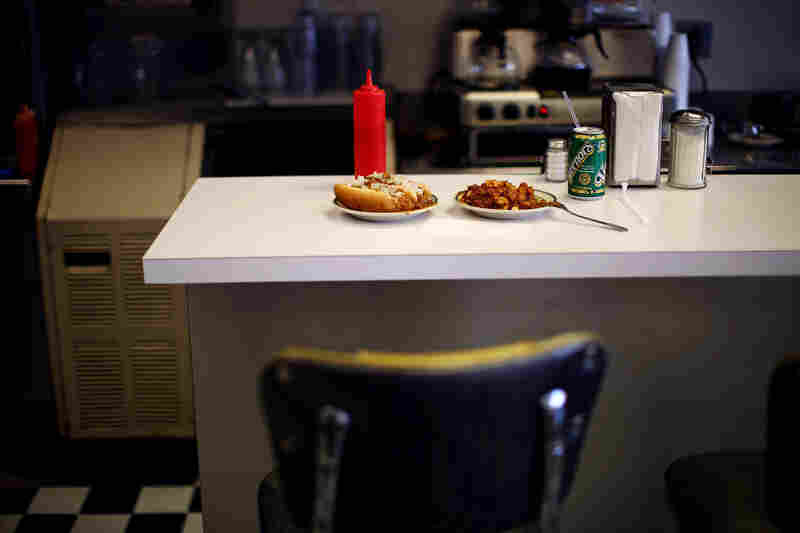A good number of fashion brands based in Detroit, touting the myriad ways they’re bettering the beleaguered city, have cropped up in recent years. Shinola is likely the most famous name heralding its “Made In Detroit” authenticity and its impact on the Midwestern metropolis (though that claim got thoroughly criticized, among other things, by The New York Times back in 2013). But there are some far smaller players doing big things in Motor City — like jewelry line
Rebel Nell, founded three years ago by lawyer Amy Peterson, the Detroit Tigers' associate counsel.
Peterson came to Detroit to pursue a career in sports in 2007; getting involved with the local community led her inadvertently into the bauble business as a second job (a third job, really, counting motherhood, as Peterson puts it). Rebel Nell's cofounder and creative director, Diana Russell, had a design and retail background, but it wasn't a fashion project with a do-good element later tacked on. The cause — combatting joblessness for women in Detroit — truly begat the products.
Beautiful as the slightly circuitboard-esque, marble-effect pieces are, it’s the company’s triple-pronged impact that really stands out. Firstly, Rebel Nell employs underemployed, impoverished women, and provides financial-literacy training, among offering other essential "getting through life" resources. The pieces these women create are basically wearable works of urban renewal, crafted from graffiti found around the city. Rebel Nell's offerings, priced at $60 to $175 per piece, bring further attention to the city itself and how revitalization efforts can (and should) take shape via fashion. (Last week, Peterson and Russell were named Social Entrepreneurs of the Year for their impactful work by Ernst & Young.) It’s the kind of altruistic project refreshingly devoid of bullshit; you can’t help but be inspired. We rang up Peterson to get the full story.
 How did the concept for Rebel Nell come about?
How did the concept for Rebel Nell come about?
"I wanted to find my little way of giving back, and it kind of happened accidentally: Right next door to where I lived, there's a well-known shelter, COTS [Coalition On Temporary Shelter]. I'd walk my dog and have conversations with the residents, primarily the women. I heard their stories about the really challenging situations they left in search of better opportunity; even if that meant going to a shelter, they needed to leave whatever situation they were in. These were very courageous, motivated women, and I wanted to give them the tools needed to never be back in a shelter, ever again.
"A lot of what I heard was not only physical and emotional abuse, but they were escaping financial abuse as well. So I thought if I could give a financial-literacy component — understanding their bills, where their money was going — I could possibly help them. At that time, I didn't really know about social-enterprise work, but I wanted to find a way to support COTS with my friend and now business partner, Diana."
Click HERE For The Full Article!






















